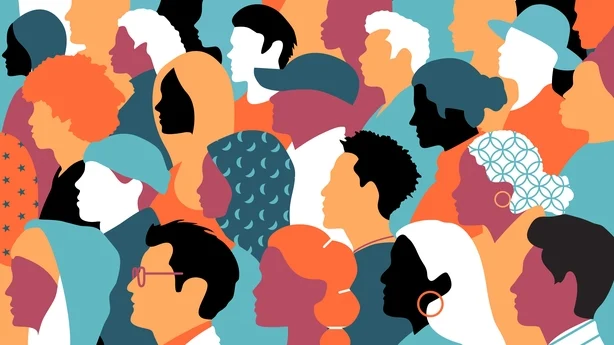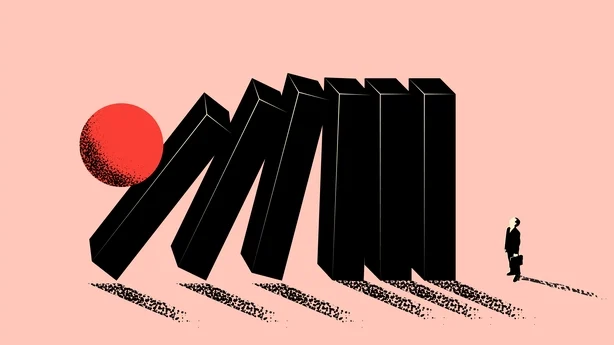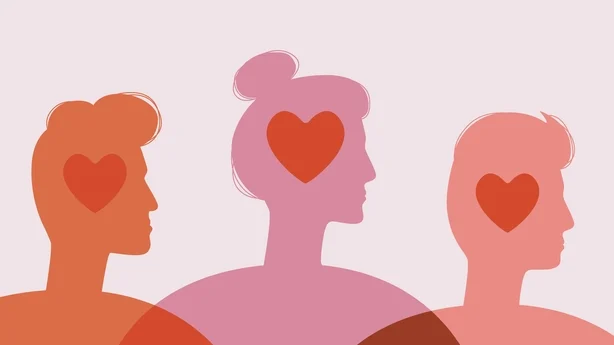Stay updated with the latest beauty tips, trends, and news from our salon experts. Our blog is your go-to source for all things beauty.
Counselling psychologist Niamh Delmar shares her thoughts on why we need to re-think the 'be kind' message in 2025.
Kindness benefits heart function, lowers blood pressure, boosts the immune system, and stimulates both oxytocin (the 'cuddle hormone') and serotonin (the feel-good neurotransmitter).
Being kind is associated with 'the helper's high'; it deepens connections, reduces negativity and lowers stress levels. In fact, research links kindness with prosocial behaviour, which is a positive contributing factor to psychological wellness.
All over social media, there are kindness quotes, random acts, and kindness influencers. However, there are downsides to certain kinds of messaging.

From a young age, many children are told to 'be kind'. While well intentioned, such messages are vague, may be misguided in the real world, and can even be risky. Clarification is needed.
Be kind to whom? A bully, somebody being abusive or whose behaviour is inappropriate? This places a person in a submissive position in the dynamic, and sends a message that maltreatment will be tolerated.
From the playground to the office, somebody being kind may get taken adavantage of, marginalised or caught up in unhealthy relationships. After all, the world is not always a kind place. We don't want children growing up perceiving everyone as kind only to be shocked by the realities of the world.
The pressure to be always kind can lead to feelings of inadequacy. People are human; feeling positive and being kind is not sustainable all of the time. The danger of being told to 'be kind' as a response is that negative emotions get shut down, and more beneficial life skills are blocked.

'Be kind' messengers don't always practice what is preached, such as the aggressive driver with the 'random acts of kindness' bumber sticker. People often feel let down when they don't get kindness back. Others can get 'kindness weary,' by always giving to others.
Taking a kind and nice position in life may also be fuelled by a fear of conflict or pleasing others. Seeking validation from others can lead to increased stress, a lack of confidence and limits personal growth. Kindness may be used to keep the peace resulting in unresolved tensions remaining.
Read more: A psychologist's guide to setting healthy boundaries
Today's world seems more complex, competitive and unpredictable than ever before. Rapidly developing technologies, fast paced lifestyles, stress and materialistic value systems all contribute to it feeling harsher. Never before have we had so much information at our finger tips.
Socioeconomic inequalities, polarised views and deterioration of community spirit makes it harder to navigate. There is a sense of disconnection with the digital world and less in-person socialising. There is free reign for vitriol online while apps for are replacing connectedness.

Globalisation has led families and friends to scatter, and there may be a decline in the extended family nearby. Individualism tends to feature in modern society with a 'me-me' focus. Role models are displaying power and strength as desirable. Fear for one's safety creates wariness of others.
A large scale study created by the University of Sussex found that respondents feared that kind acts could be misinterpreted, and personality affected their engagement or reluctance.
Those more extroverted and with higher openness (such as a fondness for new experiences) reported doing more kind acts. A lack of time and a fear of being perceived as weak were also given as obstacles to showing kindness.

Tips for being kind and protected
We need to equip the young and ourselves with prosocial skills as well as grit, knowledge and coping stategies to thrive in a tough and changing world.
If you have been affected by issues raised in this story, please visit: www.rte.ie/helplines.